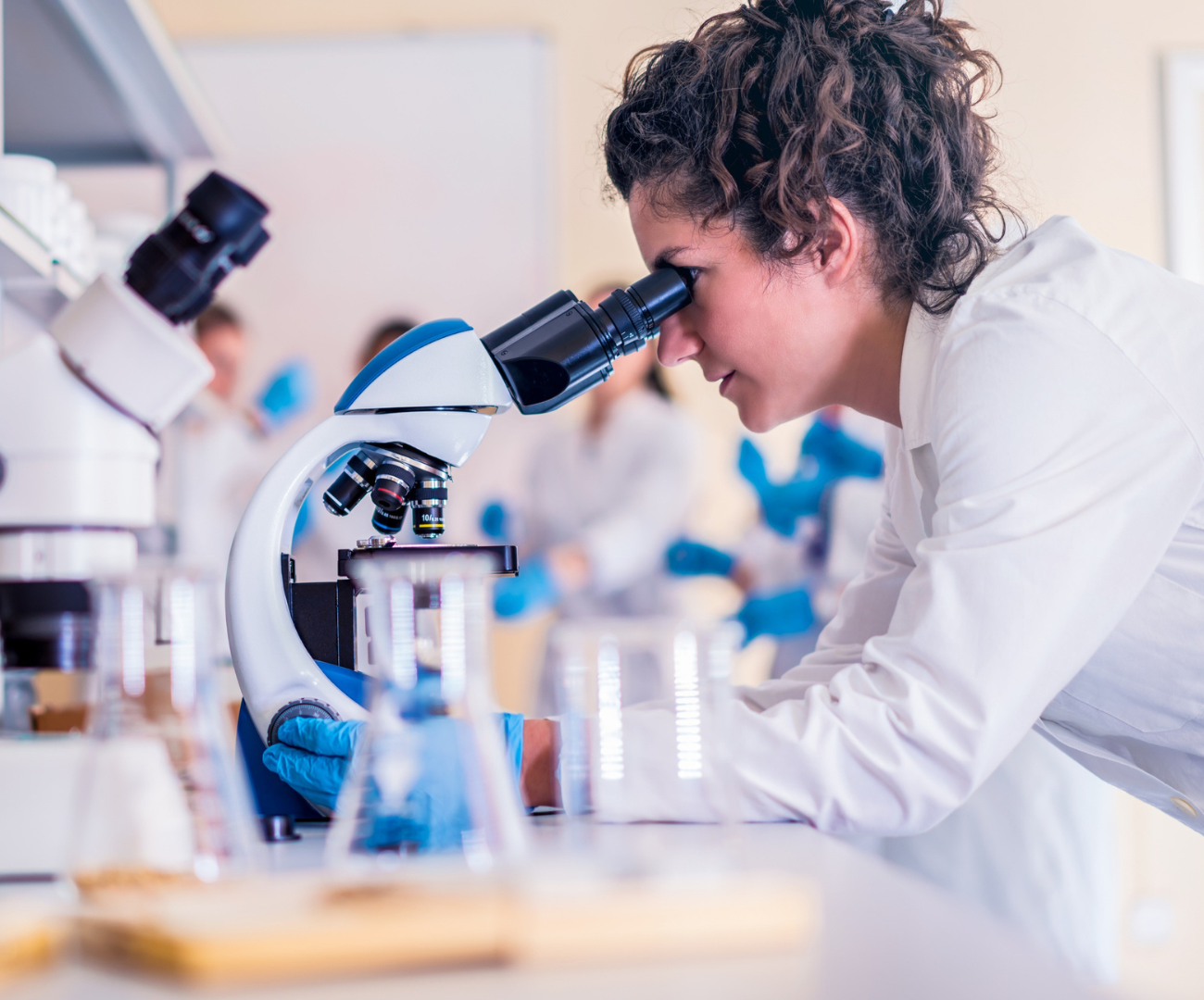Science, Technology, Engineering and Maths industries (also known as STEM) have always remained predominantly male, with the history books claiming a lack of females entering these sectors dating as far back as their origins in the 18th century.
Despite over 200 years having passed since these subjects were first defined, data from UNESCO still shows women only account for 30% of the world’s researchers. According to the American Association of University Women (AAUW) this female and male imbalance is likely due to persistent gender stereotypes which are still common today.
Educational Psychology studies claim that the STEM gap begins in secondary school, with female students battling age-old biases regarding their math and science capabilities. This can have a considerable impact on girls’ decisions to pursue a career in the sector.
Another possibility is that female STEM experts go unrecognised as an inspirational source. Yet, there are many female pioneers in STEM whose accomplishments and work have had a major impact on lives and the world around us, centuries on.
This is why, with International Women’s Day on 8th March, we’re championing some of the remarkable women working in these sectors and their significant achievements, and to encourage more women to consider a career in STEM. These sectors offer a diverse range of jobs to suit a multitude of skills, from chemist, scientist, lab technician to software engineer – all of which can be highly rewarding, well paid and flexible.
Remarkable Women in STEM
- Katherine Johnson – Space Scientist & Mathematician
A mathematician and space scientist, Katherine Johnson was one of the first African American women to serve as a NASA scientist. Her calculations helped launch the first crewed spaceflight in the United States, the 1962 Friendship 7 mission with her work paving the groundwork for future NASA space missions.
She also co-authored 26 scientific papers, cementing her position as a trailblazer in space science, mathematics, and computing.
Johnson received various honours and awards throughout her career, including the Presidential Medal of Freedom in 2015, a NASA Group Achievement Award in 2016, and the Congressional Gold Medal in 2019.
- Marie Curie – Physicist & Chemist
Perhaps history’s most famous female scientist, Marie Curie is remembered for her groundbreaking studies in radioactivity. She was the first woman to be awarded a Nobel Prize, the first and only woman to receive it twice, and the only person to receive it in two distinct scientific fields.
In 1898, Marie and her husband, Pierre Curie, discovered two new elements: polonium and radium. Her accomplishments also include the development of the theory of radioactivity (a term she coined), the development of techniques for isolating radioactive isotopes, and the construction of mobile radiography units (known as petites Curies) to provide X-ray services to field hospitals during World War I.
- Ada Lovelace – Computer Programmer
Born in 1815, Ada Lovelace was an English mathematician and writer who was encouraged by her mother to focus on her mathematics education. Today she is recognised as the first computer programmer and an innovator in scientific computing.
She closely worked with Charles Babbage’s (commonly referred to as the “Father of the Computer”) Analytical Engine, an early mechanical general-purpose computer. She is widely considered as the world’s first computer programmer since she saw that the machine could be used for more than just crunching numbers and wrote the first algorithm designed to be carried out by a machine in the 1840s.
- Barbara McClintock – Cytogeneticist
Barbara McClintock was awarded the Nobel Prize for Medicine in 1983 for her pioneering work in cytogenetics and the discovery of the ‘jumping gene’. Her work was crucial to the discovery of DNA as well as the research of other scientists working in her field. Barbara’s findings were ahead of their time and too radical. The scientific community didn’t start to support Barbara’s discoveries until the 1970s, when researchers discovered that DNA was the genetic material.
Her discoveries continue to have an impact on genetic research across the world today.
- Rachel Carson – Marine Biologist & Conservationist
Rachel Carson is a well-known marine biologist, environmentalist, and author. Her influential book Silent Spring is often considered to be the source of the modern environmental movement. Her book addressed the dangers of chemical pesticides, which sparked the grassroots movement that ultimately lead to the establishment of the United States Environmental Protection Agency (EPA).
Her work influenced an entire generation of environmental activists, serving as the inspiration for a movement that is still active today.
So how can the industry attract and source more talent in STEM? Check out our previous blog where we discuss this here.
If you dream of a career in STEM or perhaps you have a business within STEM fields and you are looking to recruit talent, please get in touch with our specialist team of recruiters on info@remarkable-jobs.co.uk.






